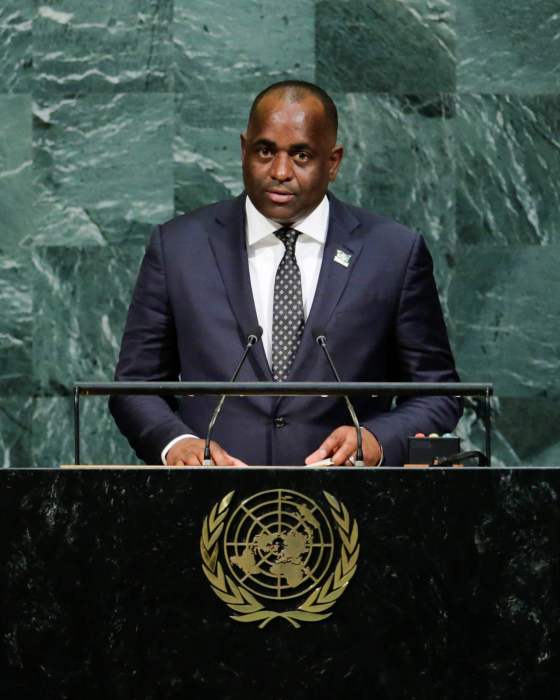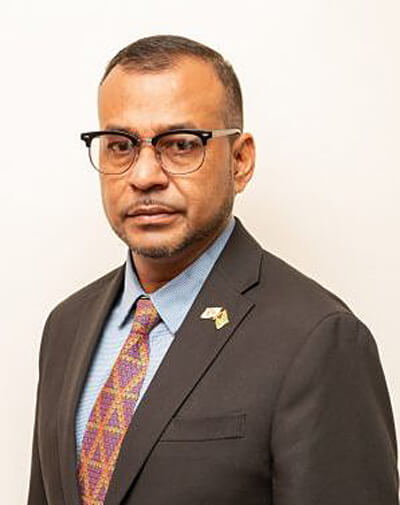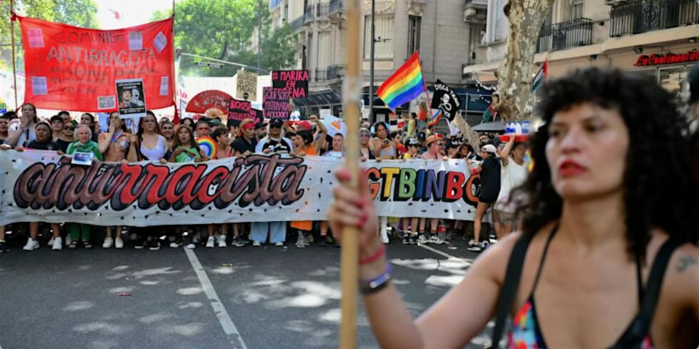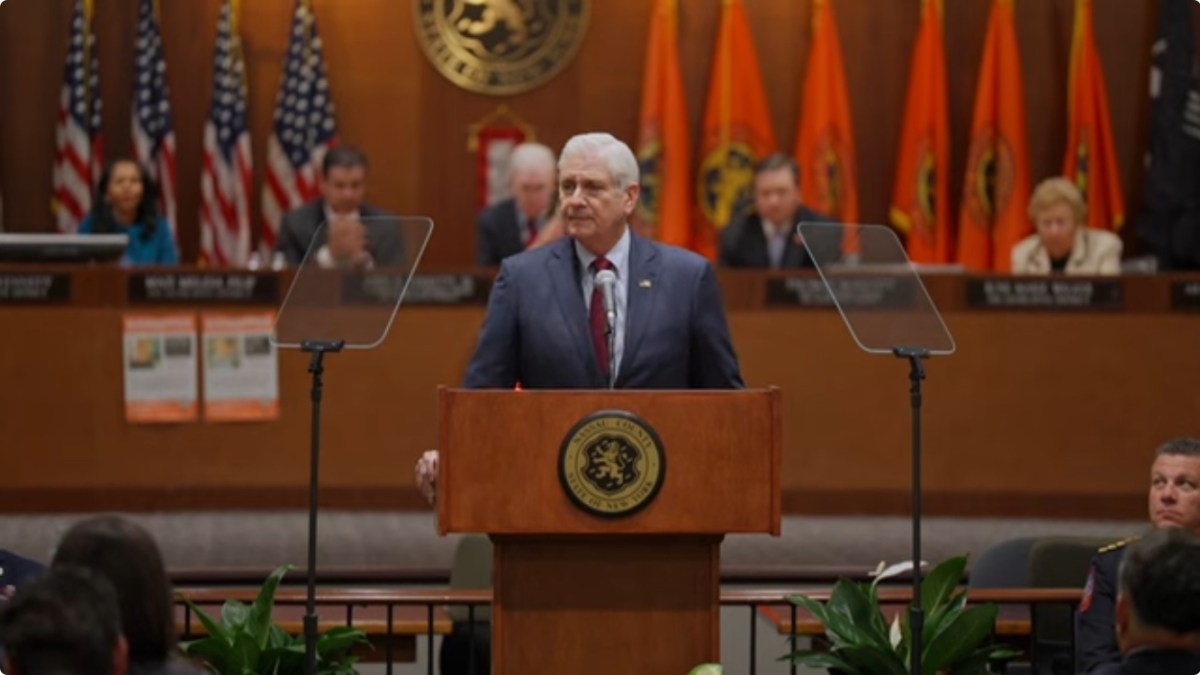That absolutely stunning no confidence vote loss by Guyana’s government in parliament in late December continues to have major political and constitutional fallout as it has now forced the resignations of four of the very senior most cabinet ministers both from government and the house because they all hold citizenship of a foreign power and sometimes travel on foreign passports. This is so because two local courts have in a matter of weeks ruled that dual citizenship for elected parliamentarians is illegal.
With a beer in one hand and the radio or mobile handsets in the next, Guyanese monitored events in the 65-member assembly on the night of Friday, Dec. 21 but when the time came for lawmakers to vote on a no confidence motion brought by the opposition People’s Progressive Party (PPP) no one was prepared for what would happen next. Government MP Charrandass Persaud shouted “yes” three times when it was his time to vote against the opposition motion, throwing the parliament into a state of bedlam and leaving a nation in a state of deep shock and uncertainty.
Speaker Barton Scotland ruled that that single vote by Persaud that gave the PPP a majority of 33 of the 65 seats was legal and sufficient for the motion to succeed and carry. Parliament then adjourned and Persaud went into hiding before skipping the country under the protection of Canadian diplomats.
Problem is that Persaud and at least seven members of that same parliament all hold dual citizenship and are / were elected members of the assembly despite clear constitutional guidelines, which forbid them being members of the house in the first place. Over the decades, no one has made any serious effort to enforce that constitutional rule given the fact that hundreds of thousands of Guyanese have become dual citizens from so-called chain migration to Canada, the US, the UK and other metropoles. All are known to have lived here full time for decades despite having dual citizenships.
The result is that the dual citizenship and foreign passport issue have come back to bite the country in a place where it politically hurts the most.
Attempting to overturn Persaud’s single but devastating vote that had toppled an administration with about a year and a half left in its five-year term, cabinet took the issue to the local supreme court, asking it to declare that Persaud’s vote was illegal because he should not have been legally in parliament in the first place because he is also a Canadian citizen.
The supreme court ruled that constitutional edicts relating to such are clear so all those who hold such citizenship should be expelled from the house. There is a clear violation in play judges said. A second appeal to the Guyana appeals court upheld the lower court’s ruling forcing President David Granger to this week call it a ministerial and parliamentary day for four of his most senior colleagues rather than face stinging criticism that he was violating the constitution.
Those politically falling on their sword include Second Vice President and Foreign Minister, Carl Greenidge, Minister of State, Joseph Harmon, Minister of Business, Dominic Gaskin, who is also the son in law of Granger and Rupert Roopnaraine of the Public Service Ministry. Harmon is a US citizen. The three others are British. As for the opposition, three of its members hold dual citizenship and will also be ineligible to sit in the house when it reconvenes on April 11.
The move means that Granger will now have to find four parliamentary replacements for the dearly departing ministers and MPs and find a creative way to keep them in senior, perhaps advisory positions in government and as near to cabinet and high level forums as possible.
The vote loss four days before Christmas had set in train a series of constitutional requirements including elections within 90 days but this has been turned upside down because the elections commission has now said it won’t be ready until at least late November to organize fresh polls. That announcement has clearly served as a dagger in the heart of PPP plans to topple the government, force emergency elections and retake government after losing by a single seat in 2015 and as Guyana prepares to become an oil producer before yearend.
A third appeal of the vote is pending before the Trinidad-based Caribbean Court of Justice (CCJ) but this has more to do with a challenge to the speaker’s ruling that 33 is an absolute majority of 65. Government says the number is 34 because half of 65 is 32.5 so it has to be rounded up by one to 34.

























